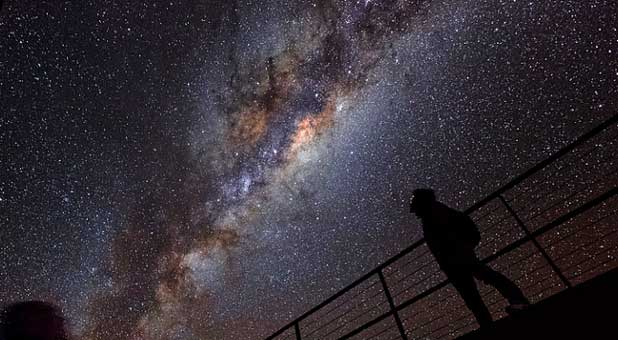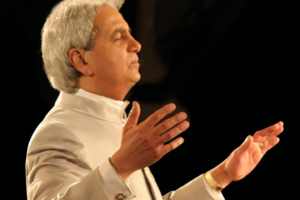For some, “God doesn’t believe in atheists” is just a clever (nor not-so-clever) jab directed against the faithless in our culture. But based on the findings of secular researchers, the statement may not be so far from reality.
That is because multidisciplinary research is increasingly backing the idea that human beings are hard-wired to believe in God, according to Science 2.0 writer Nury Vittachi in an article titled, “Scientists discover that atheists might not exist, and that’s not a joke.”
“[A]theism is psychologically impossible because of the way humans think,” Vittachi cites avowed atheist Graham Lawton as writing in New Scientist. “They point to studies showing, for example, that even people who claim to be committed atheists tacitly hold religious beliefs, such as the existence of an immortal soul.”
Even atheists hold to several tacitly religious concepts, including the existence of an immortal soul, according to Lawton. The article also cites another atheist researcher who demonstrated that all people engage in internal monologue, regardless of whether the person to whom their thoughts are directed is actually present.
Equally demonstrable is the intrinsic human tendency to believe in divine justice. Vittachi describes both religious and non-religious persons as possessing the innate sense that “If I commit a sin, it is not an isolated event but will have appropriate repercussions.” This sense of cosmic justice is credited for the popular belief in “karma.”
This idea, he writes, is played out on a number of differently levels—including narrative literature, where even atheist authors invariably write stories that “exist to establish that there exists a mechanism or a person—cosmic destiny, karma, God, fate, Mother Nature—to make sure the right thing happens to the right person.”
Even the staunchest nontheists are not exempted from such habits, according to the writer. “If a loved one dies, even many anti-religious people usually feel a need for a farewell ritual, complete with readings from old books and intoned declarations that are not unlike prayers,” Vittachi writes. “In war situations, commanders frequently comment that atheist soldiers pray far more than they think they do.”
According to the writer, atheists tend to exhibit the same sociological, psychological dependence on the intangible as religious folk do, even if the former reject the existence of anything supernatural. “Statistics show that the majority of people who stop being part of organized religious groups don’t become committed atheists, but retain a mental model in which ‘The Universe’ somehow has a purpose for humanity,” says Vittachi.
While Vittachi attempts to connect all these theistic proclivities to an evolutionary source, missing one key bit of evidence: it is the biblical Christian worldview, not the secular humanist worldview, which accurately predicts a human bent towards belief in God.
In Romans 1:18-23, the apostle Paul writes that “what can be known about God is plain to them”—that is, all men—and that “his invisible attributes, namely, his eternal power and divine nature, have been clearly perceived, ever since the creation of the world, in the things that have been made. So they are without excuse.” He then goes so far as to state that all such people “knew God” (v. 21). The implication, thus, is that man innately assumes the existence of his Creator until he convinces himself to think otherwise.
This biblical teaching is not unique to Paul. Proverbs 9:10 says, “The fear of the LORD is the beginning of wisdom, and knowledge of the Holy One is understanding,” echoing the same sentiment of other Old Testament passages. In essence, one cannot truly possess wisdom and knowledge if one denies the essential fact of existence: that the transcendent God is the ultimate measure of reality.
While Vittachi may be a few steps short of walking down the aisle at the next altar call, the findings he describes lead to one critical conclusion: perhaps it is atheists, not God, who truly do not exist.
See an error in this article?
To contact us or to submit an article




















